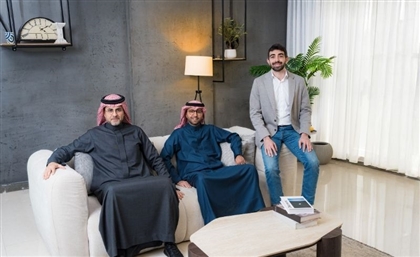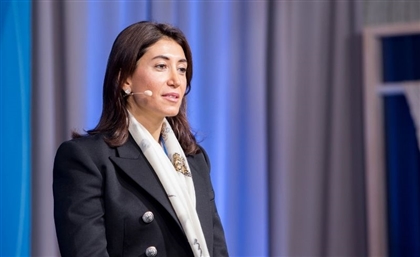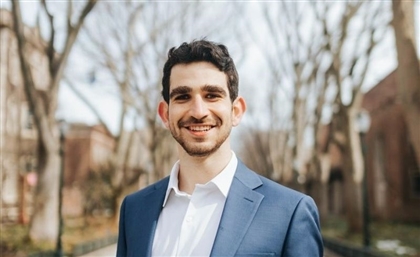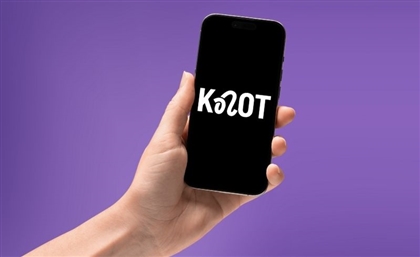10 Saudi Women Just Got Their Drivers Licenses, Can they Become Drivers Too? We Ask Uber
We speak to Uber's regional office about the new Saudi drivers and how they plan to infuse them in the labour force.
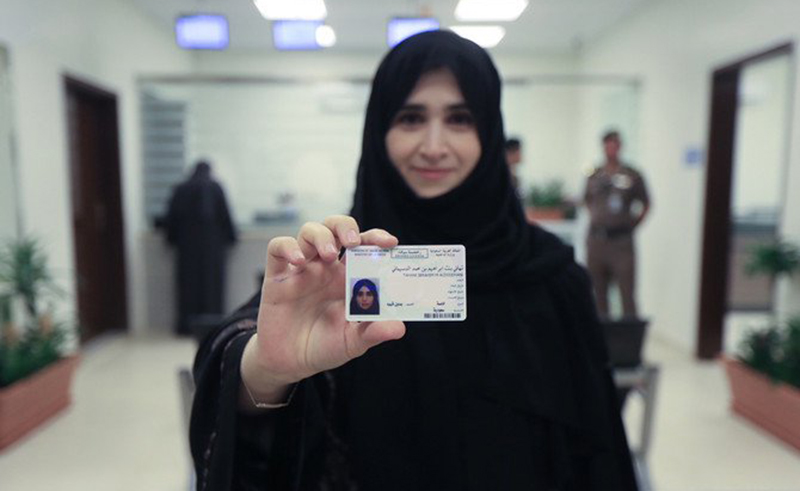
On June 4th, ten Saudi women flocked to the traffic authorities to take their newly printed drivers licenses. Although the nationwide ban on women driving will be revoked on June 24th, these women already had valid licenses from other countries like Lebanon, UAE, and US. Therefore, they will not be allowed to hit the roads until then.
Saudi females make up around 43 percent of the Saudi population. Unemployment rate for Saudi females is 35 percent higher than their unemployed male counterparts. The revoking of the driving ban is part of the 32-year-old Crown Prince Mohammed bin Salman's Vision 2030 reform plan for a post-oil era, seeking to elevate women to nearly one-third of the workforce, up from about 22 percent now. So does that mean that Saudi women will soon join their male counterparts in the drivers workforce?
We reach out to Uber's regional office to get the picture of the future of Saudi's labour force in this sector. Uber is operating in 18 cities across Saudi Arabia including Jeddah, Madinah, and Makkah. When it launched in KSA in 2014, only a few hundred expat drivers were driving using Uber; today, over 200,000 Saudis are using the ride-sharing service for economic opportunity, and 67 percent of Saudis have joined Uber for the parti-time, flexible work it provides.
In March 2018, Uber announced Masaruky ("your path" in Arabic), an initiative that aims to increase women’s participation in the workforce through access to affordable transportation, in addition to increasing women’s access to flexible, part-time economic opportunities.
"Masaruky is a two year initiative that aims to increase women’s participation in the workforce through access to affordable transportation, in addition to increasing women’s access to flexible, part time economic opportunities through the Uber technology," Communications Manager, Uber Middle East and Africa Shaden Abdellatif tells Startup Scene ME. "We kicked off the initiative with a SAR 1 million pledge to support women driving, and will partnering with Al Nahda, a female empowerment NGO, to help provide more women access to driving lessons and licensing."
The women in Saudi who just received their licenses all come from privileged classes. According to Americans for Democracy and Human Rights in Bahrain, 20 percent of Saudi residents live in crippling or severe poverty. In fact, private estimates suggest that in Riyadh alone, poverty affects about two to four million people; Uber claims to aspire to tackle that as well.
In April 2018, Uber joined hands with Al Nahda to work towards empowering more women to drive. The partnership will see Al Nahda, through its catalogue of empowering programmes, help Uber identify underprivileged women who want to join driving schools to get hold of their long-awaited license, however may not have the resources. Will all these efforts meet the Crown Prince's optimistic expectations to rev up Saudi's shaking economy following the Arabian Gulf's oil crisis? We will wait and see.
Photography courtesy of Saudi Information Ministry.
Trending This Month
-
Jan 19, 2026



